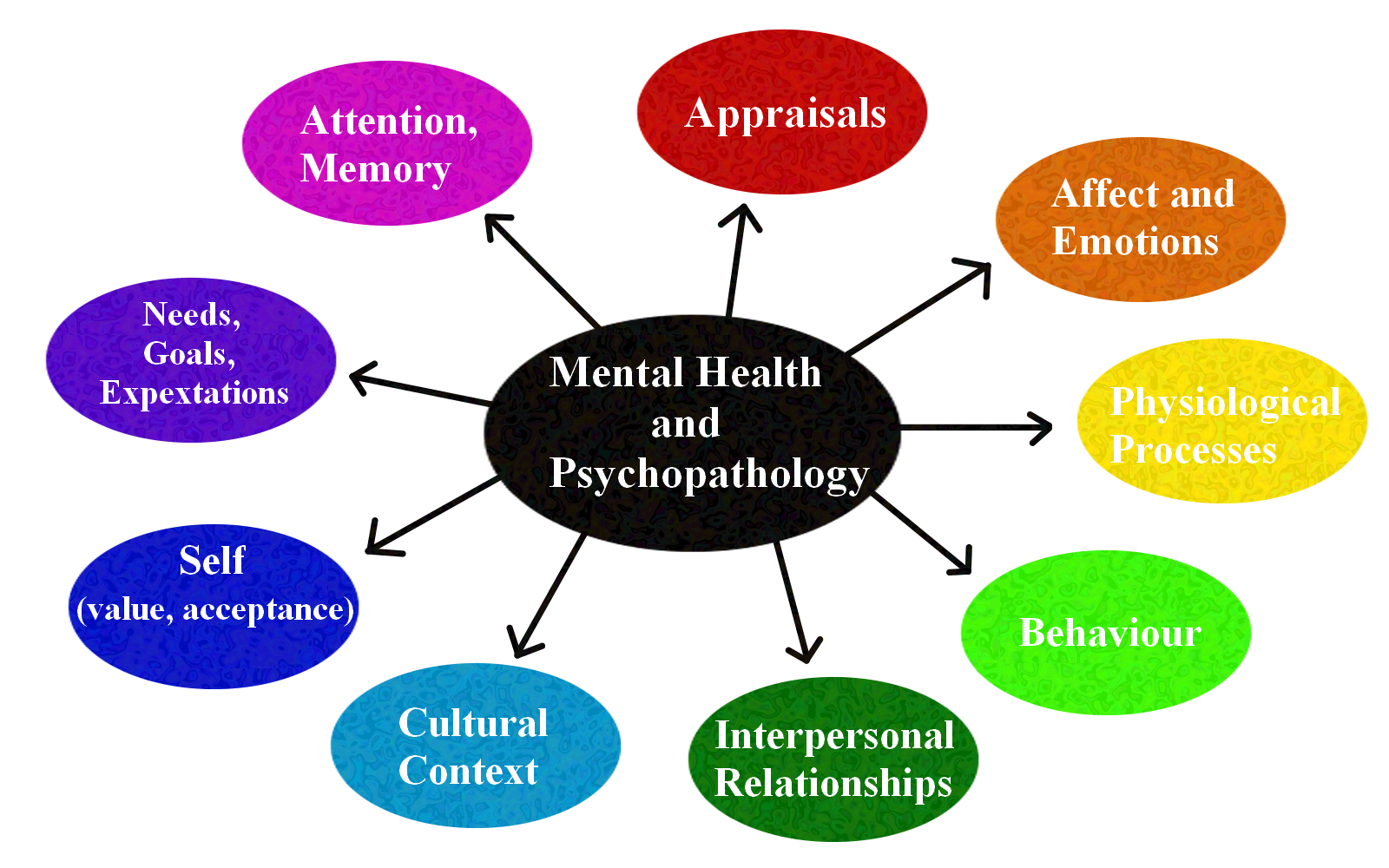Mental Health and Seniors
The National Institute on Aging (2024) stated that to age healthily, maintaining a healthy lifestyle, adopting regular preventive health habits, and engaging in moderate physical activity are essential. Ensure that seniors speak up for themselves and their loved ones in a medical environment if they are experiencing anxiety, depression, or turning to drugs and alcohol to manage their emotions. They need to seek assistance and stay informed on the latest advancements to enrich their lives.
Bell et al. (2016) cautioned that it is crucial to provide quality care for elderly individuals. Many seniors face challenges with their senses and cognitive abilities that make it difficult for them to comprehend their medical situations. Information should be delivered in a way that every patient understands easily. Bell et al. (2016) pointed out that care for the elderly should be tailored to address a wider range of patient-centred issues, with the goal of extending life expectancy while also enhancing overall health, independence, and quality of life.

Investigating noncardiovascular factors that influence the onset and management of cardiovascular problems is necessary to ensure that senior citizens with cardiovascular disease receive the best possible care. There are several factors that commonly reduce the cardiovascular capacity of older individuals, including concurrent illnesses, aging, sensory impairments, frailty, falls, and dementia.
Exercises of day-to-day living are essential for seniors’ prosperity. Physicians should conduct more in-depth assessments, including screening for cardiovascular conditions such as structural heart disease and coronary artery disease if their activities change. Falls can result in fatalities, serious health issues, and neurological damage. Frontline workers can assist in this process by observing the movements, conversation, and actions of older adults when interacting with them. If anything seems out of the ordinary, completing a case note can be very beneficial to the comprehensive care of the individual.
Healthcare Excellence Canada (n.d.) outlined important points for providing care to older adults with health and social needs. The rights and responsibilities of senior citizens include access to safe, fair, and high-quality health care in Canada, regardless of their age or requirements. Making an effort to enhance the care of older individuals through various means is vital; this includes peer support, virtual education, coaching, financial aid, and to collaborate with seniors, their primary caregivers, and other stakeholders to innovate care standards for those with dementia in long-term facilities. Partnerships enhance the quality and experience of dementia care in long-term settings because they involve person-centred strategies and the appropriate use of antipsychotic medications.
In explaining the types of seniors’ care, Grossman (2022) affirmed that services for the elderly, such as personal care, home care, and companionship, are designed to help older individuals to live comfortably and autonomously. As cited in Grossman (2022), Commonwise Home Care offers three primary options: Residence with a family member, adult day programming, and older care facilities. However, these facilities can be expensive and might not offer individualized care. There are many levels of resources and care for older adults depending upon the needs of the person, level of independence, and cognitive health. Many seniors participate in group activities to remain active and develop a support system of friends that encourage cultural activities.
References
Bell, S. P., Patel, N., Patel, N., Sonani, R., Badheka, A., & Forman, D. E. (2016). Care of older adults. Journal of Geriatric Cardiology, 13(1). https://www.ncbi.nlm.nih.gov/pmc/articles/PMC4753005/
Grossman, J. (2022, May 16). 5 different types of senior care to consider. Commonwise Home Care. https://www.commonwisecare.com/resources/types-of-care-for-the-elderly
Healthcare Excellence Canada. (n.d.). Care of older adults with health and social needs. https://www.healthcareexcellence.ca/en/what-we-do/care-of-older-adults-with-health-and-social-needs/?
National Institute on Aging. (2024, June 11). Cognitive health and older adults. https://www.nia.nih.gov/health/brain-health/cognitive-health-and-older-adults
Image Credit
Figure 2: The psychological network of mental health by Lane Lacourciere for NorQuest College. Used with permission. Adapted from: https://www.researchgate.net/topic/Psychological-Treatment/publications
A state of well-being, including physical health, strength, and flexibility.
Licensed settings that receive public funding to provide long term care to residents.
Mental well-being and the capacity to think, learn, and remember.

